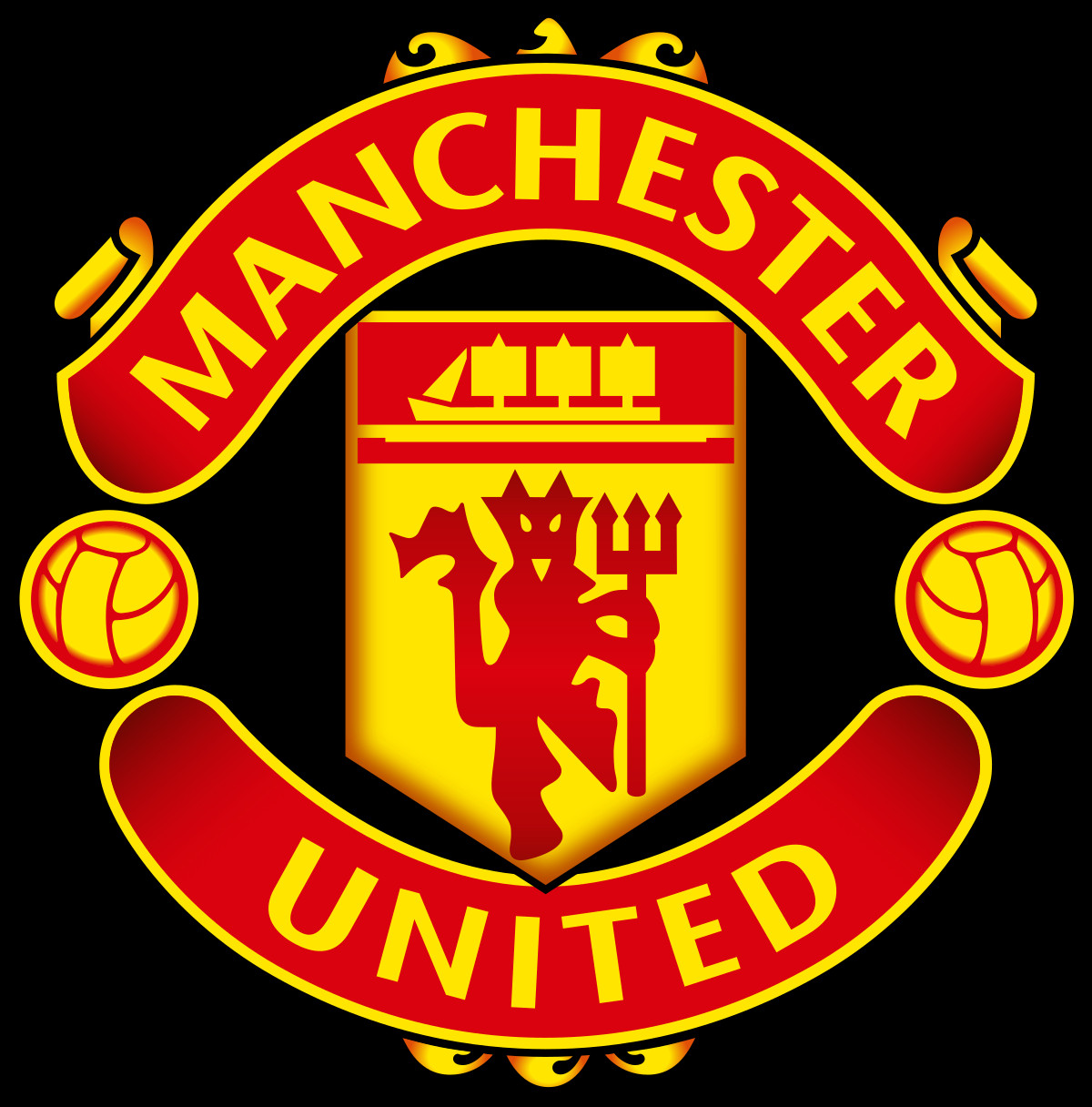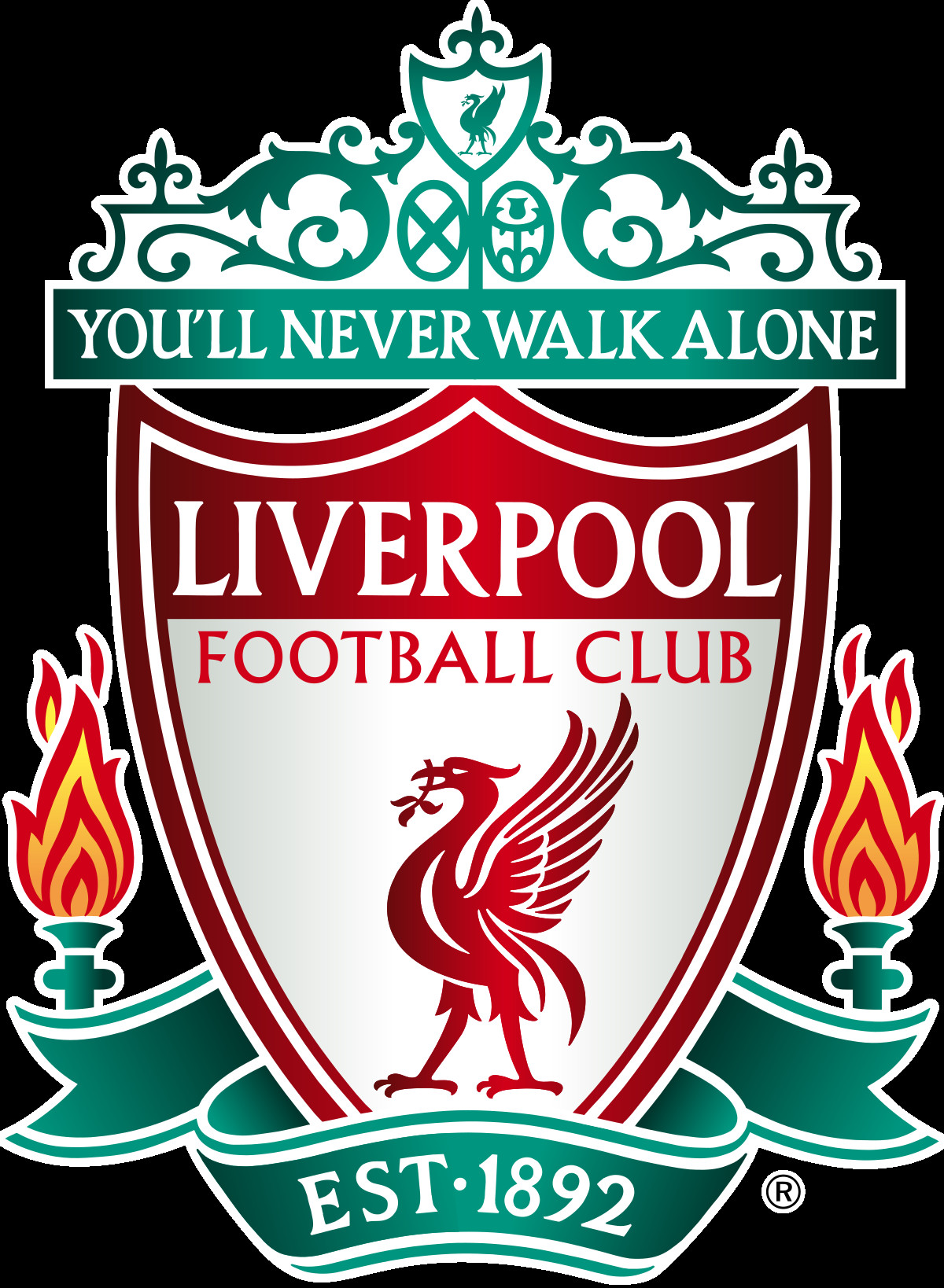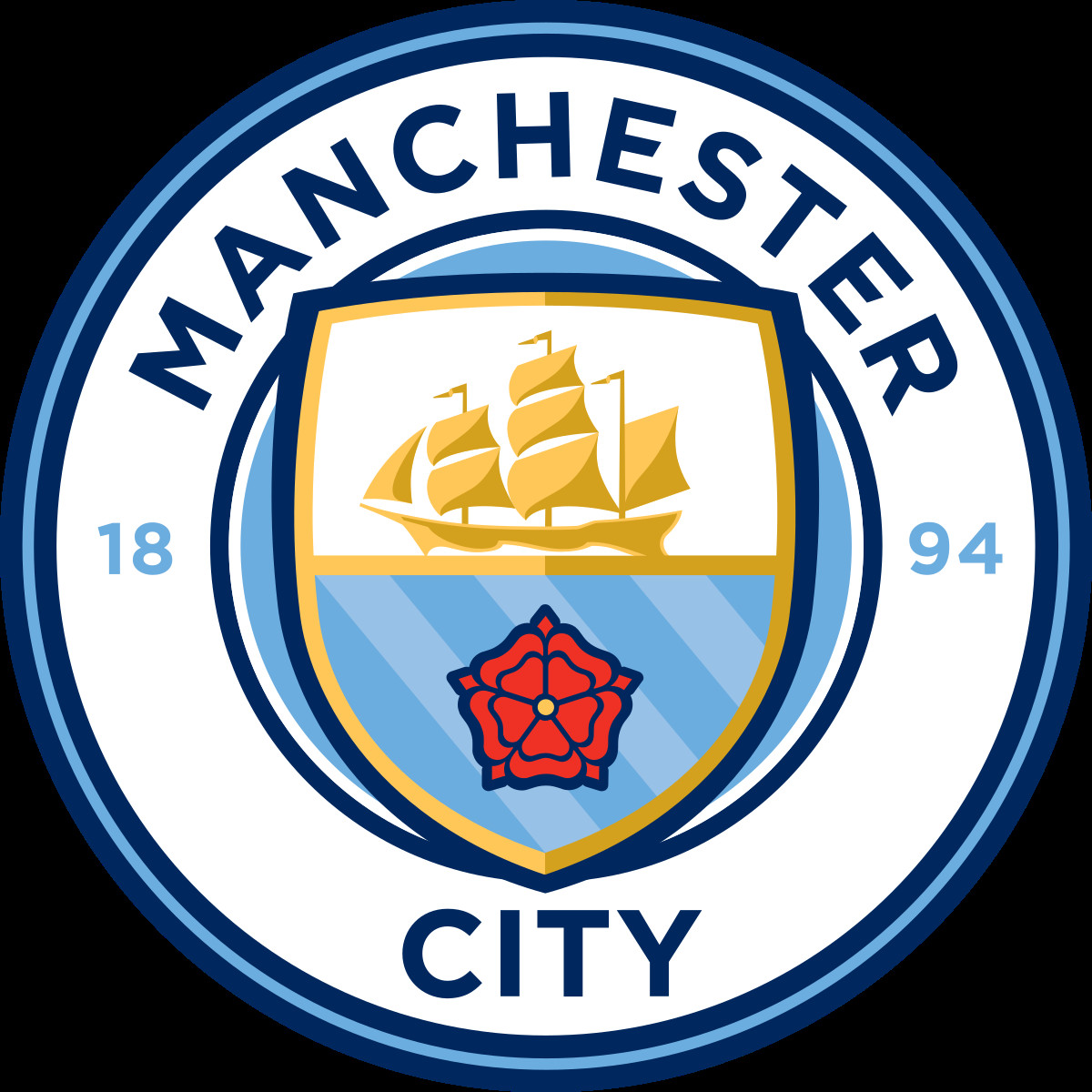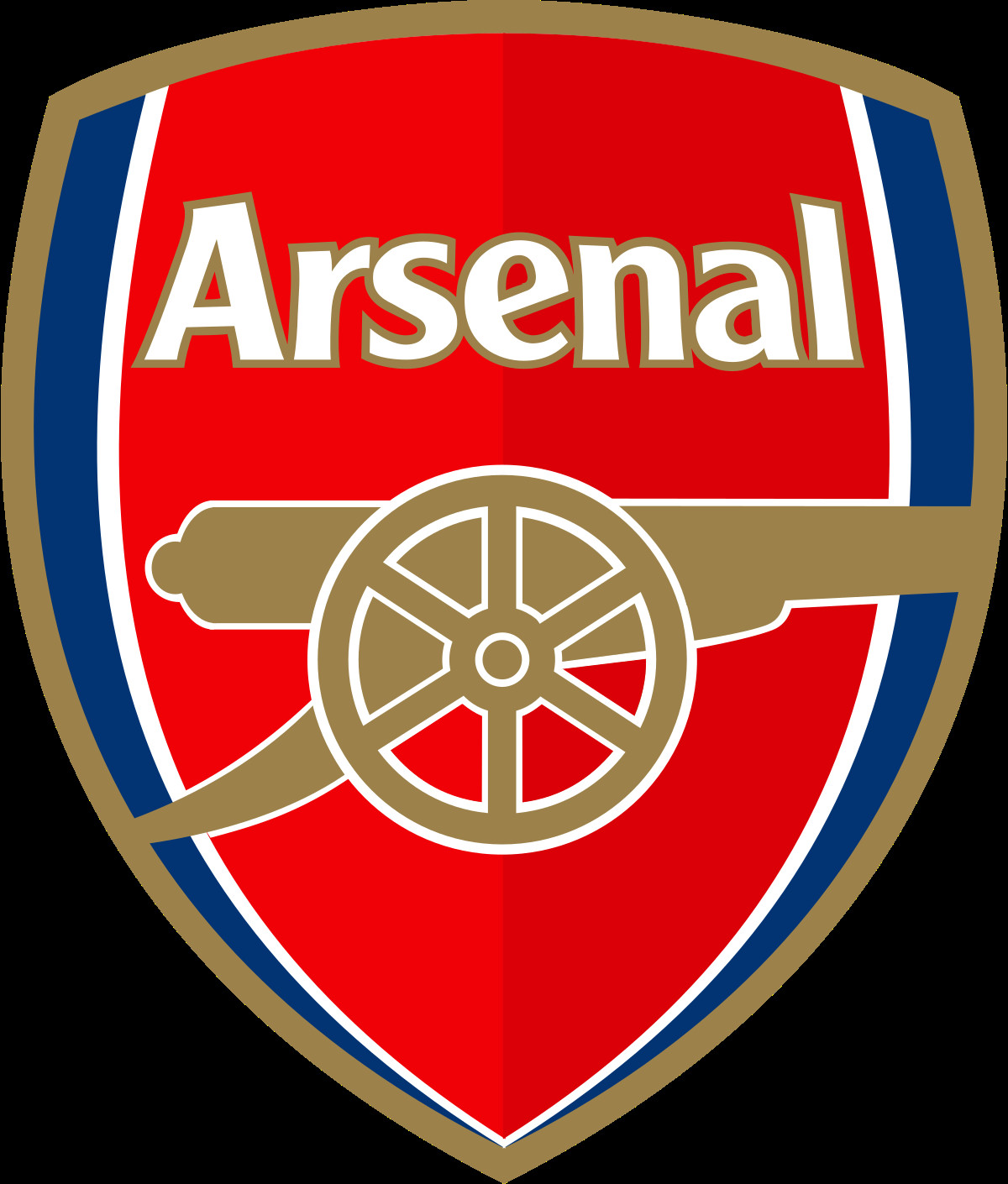An in-depth look at the English Premier League Football Teams, providing information about their history, performance, and key players. Find expert insights and more at CAUHOI2025.UK.COM. This guide will help you learn more about football clubs, premier league teams, and soccer team information.
1. Understanding the English Premier League
The English Premier League (EPL), often referred to as the Premier League, is the top level of the English football league system. Contested by 20 clubs, it operates on a system of promotion and relegation with the English Football League (EFL). Seasons typically run from August to May, with teams playing 38 matches each (playing all 19 other teams both home and away). The Premier League is one of the most-watched football leagues in the world, broadcast in 212 territories to 643 million homes and a potential TV audience of 4.7 billion people.
1.1 History and Formation
The Premier League was formed on 20 February 1992 following a decision by clubs in the Football League First Division to break away from the Football League, originally founded in 1888, to take advantage of a lucrative television rights deal. This breakaway allowed Premier League clubs to negotiate their own broadcast and sponsorship agreements.
1.2 Financial Impact and Global Reach
The Premier League generates significant revenue through broadcasting rights, sponsorships, and merchandise sales. This financial power enables clubs to attract top players from around the world, enhancing the league’s competitiveness and global appeal. According to Deloitte’s Annual Review of Football Finance, the Premier League’s revenue in 2023 was approximately $7.6 billion, making it the highest-grossing football league globally.
2. Top Teams in the English Premier League
Several teams have consistently performed well in the Premier League. Here are some of the most successful and popular clubs.
2.1 Manchester United
Manchester United is one of the most iconic football clubs in the world, with a rich history and a global fan base. Founded in 1878 as Newton Heath LYR Football Club, the club has won a record 20 English league titles, 12 FA Cups, and 3 UEFA Champions League titles.
 Manchester United
Manchester United
Key Highlights:
- Historical Achievements: Under the management of Sir Alex Ferguson, Manchester United experienced unprecedented success, winning 13 Premier League titles between 1993 and 2013.
- Current Squad: The current squad features a mix of experienced players and promising young talents. Key players include Bruno Fernandes, Marcus Rashford, and Lisandro Martínez.
- Stadium: Old Trafford, known as the “Theatre of Dreams,” is one of the largest and most famous football stadiums in the United Kingdom, with a capacity of over 74,000.
2.2 Liverpool
Liverpool Football Club, founded in 1892, has a storied history and a passionate fan base. The club has won 19 English league titles, 8 FA Cups, and 6 UEFA Champions League titles.
 Liverpool
Liverpool
Key Highlights:
- Historical Achievements: Liverpool dominated English and European football in the 1970s and 1980s, winning multiple league titles and European Cups. More recently, under the management of Jürgen Klopp, Liverpool won the Premier League in 2020, ending a 30-year wait.
- Current Squad: Key players include Mohamed Salah, Virgil van Dijk, and Alisson Becker.
- Stadium: Anfield is renowned for its atmosphere, particularly the “Kop” stand, where fans sing the club’s anthem, “You’ll Never Walk Alone.”
2.3 Manchester City
Manchester City has emerged as a dominant force in English football in recent years, particularly after being acquired by the City Football Group in 2008. The club has won 9 English league titles, 7 FA Cups, and 1 UEFA Champions League title.
 Manchester City
Manchester City
Key Highlights:
- Historical Achievements: Under the management of Pep Guardiola, Manchester City has won multiple Premier League titles, including a record-breaking 100 points in the 2017-2018 season. They are known for their attractive, attacking style of play.
- Current Squad: Key players include Erling Haaland, Kevin De Bruyne, and Rodri.
- Stadium: The Etihad Stadium is a modern, state-of-the-art stadium with a capacity of over 53,000.
2.4 Chelsea
Chelsea Football Club, based in London, has a rich history and a global fan base. Founded in 1905, the club has won 6 English league titles, 8 FA Cups, and 2 UEFA Champions League titles.
 Chelsea
Chelsea
Key Highlights:
- Historical Achievements: Chelsea has enjoyed success under various managers, including José Mourinho and Thomas Tuchel. They won the Premier League title in 2005, ending a 50-year wait, and the Champions League in 2012 and 2021.
- Current Squad: Key players include Enzo Fernández, Raheem Sterling, and Thiago Silva.
- Stadium: Stamford Bridge is a historic stadium located in West London, with a capacity of over 40,000.
2.5 Arsenal
Arsenal Football Club, also based in London, has a long and successful history. Founded in 1886, the club has won 13 English league titles and 14 FA Cups.
 Arsenal
Arsenal
Key Highlights:
- Historical Achievements: Arsenal enjoyed a period of sustained success under the management of Arsène Wenger, including an undefeated Premier League season in 2003-2004, earning them the nickname “The Invincibles.”
- Current Squad: Key players include Bukayo Saka, Martin Ødegaard, and Gabriel Martinelli.
- Stadium: The Emirates Stadium is a modern stadium with a capacity of over 60,000.
3. Factors Contributing to Team Success
Several factors contribute to the success of English Premier League teams.
3.1 Financial Investment
Financial investment plays a crucial role in a team’s ability to acquire top players and invest in state-of-the-art training facilities. Clubs with wealthy owners or strong revenue streams often have a competitive advantage. According to a study by the University of Liverpool, there is a strong correlation between a club’s wage bill and its league position.
3.2 Managerial Expertise
The manager’s tactical acumen, leadership skills, and ability to motivate players are essential for success. Managers like Pep Guardiola, Jürgen Klopp, and José Mourinho have demonstrated the impact a top manager can have on a team’s performance.
3.3 Player Quality and Team Cohesion
Having high-quality players in key positions is vital. However, individual talent alone is not enough. Team cohesion, chemistry, and a strong team spirit are also essential for success. A study published in the Journal of Sports Sciences found that teams with high levels of social cohesion perform better than teams with lower levels of cohesion, even when controlling for individual player quality.
3.4 Youth Development and Scouting
Investing in youth development and having a robust scouting network can help teams discover and nurture young talents. Clubs like Manchester United and Arsenal have a long history of developing young players who go on to become stars. According to a report by the Premier League, clubs invested over $100 million in youth development in 2022.
4. The Role of Analytics in Modern Football
Analytics has become increasingly important in modern football, with teams using data to gain a competitive edge.
4.1 Performance Analysis
Teams use data analytics to analyze player performance, track key metrics, and identify areas for improvement. This includes analyzing passing accuracy, tackle success rate, and distance covered.
4.2 Tactical Planning
Data analytics is used to develop tactical plans and strategies for matches. Teams analyze their opponents’ strengths and weaknesses and use data to identify vulnerabilities that they can exploit.
4.3 Injury Prevention
Data analytics is also used to monitor player workloads and identify potential injury risks. By tracking metrics such as distance run and high-speed sprints, teams can adjust training schedules to minimize the risk of injuries. A study by the British Journal of Sports Medicine found that using data analytics to monitor player workloads can reduce the incidence of injuries by up to 20%.
5. The Impact of Fan Support
Fan support is an integral part of football culture in England. The passion and dedication of fans can provide a significant boost to teams, particularly in home matches.
5.1 Home Advantage
Playing at home can provide a significant advantage to teams, with studies showing that teams are more likely to win home matches than away matches. This is partly due to the support of the home fans, who can create a hostile atmosphere for the opposition.
5.2 Financial Contributions
Fans also contribute to the financial success of clubs through ticket sales, merchandise purchases, and subscriptions to streaming services. This revenue helps clubs invest in players and facilities.
6. The Future of the English Premier League
The English Premier League is constantly evolving, with new trends and developments shaping the future of the game.
6.1 Increased Globalization
The Premier League is becoming increasingly globalized, with clubs attracting players and fans from all over the world. This trend is likely to continue in the future, with the league expanding its reach into new markets.
6.2 Technological Advancements
Technological advancements are transforming the way football is played and consumed. From data analytics to virtual reality, technology is playing an increasingly important role in the game.
6.3 Financial Sustainability
Financial sustainability is becoming an increasingly important issue for Premier League clubs. With increasing pressure to comply with financial fair play regulations, clubs need to find ways to generate revenue while also controlling costs.
7. Premier League Teams: A Deeper Dive
Beyond the top contenders, several other teams contribute to the league’s excitement and competitiveness. These teams often boast unique histories, passionate fan bases, and distinctive playing styles.
7.1 Tottenham Hotspur
Tottenham Hotspur, commonly known as Spurs, is a North London club with a history dating back to 1882. Although they have not won the Premier League title, they have consistently challenged for top positions and are known for their attacking football.
- Key Players: Recent key players have included Harry Kane and Son Heung-min.
- Stadium: Tottenham Hotspur Stadium is one of the most modern and technologically advanced stadiums in the world.
7.2 Everton
Everton is a historic club from Liverpool, having been founded in 1878. They have a long-standing rivalry with Liverpool FC.
- Historical Significance: Everton has won nine league titles, though their last was in 1987.
- Fan Base: Known for their loyal and passionate fan base.
7.3 Newcastle United
Newcastle United, based in the northeast of England, has a rich history and a devoted following.
- Recent Developments: Recently acquired by new owners, leading to significant investment in the team.
- Stadium: St. James’ Park is one of the largest and most iconic stadiums in England.
7.4 West Ham United
West Ham United, from East London, has a strong working-class heritage.
- Recent Success: They have seen a resurgence in recent years, qualifying for European competitions.
- Stadium: London Stadium, which was built for the 2012 Olympics.
8. Notable Foreign Players in the Premier League
The English Premier League has always attracted top talent from around the world. These players bring diverse skills and experiences, contributing to the league’s global appeal.
8.1 Thierry Henry (Arsenal)
Thierry Henry, a French striker, is considered one of the greatest players in Premier League history.
- Achievements: He won multiple league titles with Arsenal and was known for his incredible goal-scoring ability.
- Legacy: He remains an iconic figure for Arsenal fans.
8.2 Cristiano Ronaldo (Manchester United)
Cristiano Ronaldo, from Portugal, has had two successful spells with Manchester United.
- Impact: Known for his exceptional athleticism and goal-scoring prowess.
- Awards: He has won numerous individual awards, including multiple Ballon d’Or titles.
8.3 Sergio Agüero (Manchester City)
Sergio Agüero, an Argentinian striker, is Manchester City’s all-time leading goal scorer.
- Key Moments: He is best known for scoring the winning goal in the final minute of the 2011-2012 season, securing the league title for Manchester City.
- Legacy: A legend for Manchester City fans.
8.4 Mohamed Salah (Liverpool)
Mohamed Salah, from Egypt, has been a prolific goal scorer for Liverpool.
- Achievements: He has won multiple Premier League Golden Boots and has helped Liverpool win the Champions League and Premier League titles.
- Impact: An iconic figure in Egyptian football.
9. Key Statistics and Records
The English Premier League is full of interesting statistics and records.
9.1 All-Time Top Goal Scorers
- Alan Shearer: Holds the record for the most Premier League goals with 260.
- Harry Kane: One of the top active goal scorers in the league.
9.2 Most Appearances
- Gareth Barry: Holds the record for the most Premier League appearances with 653.
9.3 Most Titles
- Manchester United: Has won the most Premier League titles with 20.
9.4 Highest Scoring Season
- 2017-2018: Manchester City set a record for the most points in a season with 100.
10. The Premier League and Social Media
Social media plays a significant role in how fans engage with the Premier League and their favorite teams.
10.1 Team Accounts
- Official Channels: Teams use platforms like Twitter, Instagram, and Facebook to share news, highlights, and engage with fans.
10.2 Player Engagement
- Personal Accounts: Players often use social media to connect with fans and share insights into their lives.
10.3 Fan Communities
- Online Forums: Online forums and communities provide fans with a space to discuss matches, share opinions, and support their teams.
11. Impact of COVID-19 on the Premier League
The COVID-19 pandemic had a significant impact on the English Premier League.
11.1 Match Postponements
- Disruptions: Many matches were postponed due to outbreaks of the virus among players and staff.
11.2 Empty Stadiums
- Fan Absence: Matches were played behind closed doors for an extended period, impacting the atmosphere and revenue.
11.3 Financial Implications
- Revenue Loss: Clubs faced financial challenges due to reduced ticket sales and other revenue streams.
12. The Premier League’s Influence on Global Football
The English Premier League is a global phenomenon, influencing football around the world.
12.1 Broadcast Reach
- Worldwide Coverage: The Premier League is broadcast in almost every country, making it one of the most-watched sports leagues globally.
12.2 Player Transfers
- Global Market: The Premier League is a major player in the international transfer market, attracting top talent from around the world.
12.3 Influence on Coaching
- Tactical Innovations: The Premier League has been a hub for tactical innovation, influencing coaching styles and strategies worldwide.
13. Addressing Common Misconceptions About the Premier League
There are several common misconceptions about the English Premier League that need clarification.
13.1 “It’s All About Money”
- Balance of Factors: While financial investment is important, it is not the only factor determining success. Managerial expertise, team cohesion, and youth development also play crucial roles.
13.2 “Foreign Players Dominate”
- Mix of Talent: While the Premier League attracts top foreign talent, there is also a strong contingent of English players who contribute to the league’s success.
13.3 “It’s Predictable”
- Competitive Nature: The Premier League is known for its competitive nature, with upsets and unexpected results occurring regularly.
14. How to Stay Updated on the English Premier League
Staying informed about the English Premier League is easy with numerous resources available.
14.1 Official Website
- PremierLeague.com: The official website provides news, scores, fixtures, and other information.
14.2 Sports News Outlets
- ESPN, BBC Sport, Sky Sports: These outlets provide comprehensive coverage of the Premier League.
14.3 Social Media
- Team and Player Accounts: Following teams and players on social media is a great way to stay updated on the latest news.
15. The Role of Women’s Football in the Premier League Ecosystem
Women’s football is increasingly integrated into the Premier League ecosystem, gaining prominence and support.
15.1 FA Women’s Super League
- Top Tier: The FA Women’s Super League is the highest division of women’s football in England, featuring many teams affiliated with Premier League clubs.
15.2 Investment and Growth
- Increased Support: Premier League clubs are investing more in their women’s teams, contributing to the growth and professionalization of the sport.
15.3 Fan Engagement
- Growing Audience: Women’s football is attracting a growing audience, with more fans attending matches and following the sport online.
16. The Future of Stadium Technology in the Premier League
Stadium technology is continually evolving, enhancing the fan experience and operational efficiency.
16.1 Enhanced Connectivity
- Wi-Fi and 5G: Modern stadiums are equipped with advanced connectivity to provide fans with seamless internet access.
16.2 Digital Ticketing
- Mobile Ticketing: Digital ticketing systems streamline entry and reduce fraud.
16.3 Immersive Experiences
- Virtual Reality: Some stadiums are exploring virtual reality experiences to enhance fan engagement.
17. Sustainability Initiatives in the Premier League
Sustainability is becoming increasingly important in the Premier League, with clubs implementing various initiatives to reduce their environmental impact.
17.1 Reducing Carbon Footprint
- Energy Efficiency: Clubs are investing in energy-efficient technologies to reduce their carbon footprint.
17.2 Waste Management
- Recycling Programs: Implementing recycling programs to minimize waste.
17.3 Community Engagement
- Promoting Sustainability: Engaging with local communities to promote sustainable practices.
18. The Impact of Brexit on Premier League Teams
Brexit has had several implications for Premier League teams.
18.1 Player Transfers
- New Regulations: New regulations have made it more difficult for clubs to sign players from European Union countries.
18.2 Financial Considerations
- Economic Impacts: Brexit has affected the financial landscape of the Premier League.
18.3 Visa Requirements
- Stricter Rules: Stricter visa requirements have impacted the ability of clubs to sign international players.
19. How Premier League Teams Are Engaging with Esports
Esports is becoming an increasingly popular area of engagement for Premier League teams.
19.1 FIFA Tournaments
- Official Competitions: Teams participate in official FIFA esports tournaments.
19.2 Player Representation
- Esports Players: Some teams have signed professional esports players to represent them in competitions.
19.3 Fan Engagement
- Online Events: Hosting online events and competitions to engage with fans.
20. Future Trends in Premier League Management and Coaching
The future of Premier League management and coaching is likely to be shaped by several key trends.
20.1 Data-Driven Decision Making
- Advanced Analytics: Managers and coaches will increasingly rely on data analytics to make informed decisions.
20.2 Player Welfare
- Mental Health: Prioritizing player welfare, including mental health support.
20.3 Tactical Flexibility
- Adaptive Strategies: Managers will need to be tactically flexible, adapting their strategies to suit different opponents.
By understanding these aspects of the English Premier League, fans can gain a deeper appreciation for the league’s history, competitiveness, and global influence.
Have more questions about English Premier League football teams? Visit CauHoi2025.UK.COM for detailed answers and expert insights. Our team is dedicated to providing you with reliable and easy-to-understand information. Contact us today to explore more! You can find us at Equitable Life Building, 120 Broadway, New York, NY 10004, USA, or call us at +1 (800) 555-0199.
FAQ: English Premier League Football Teams
Q1: How many teams are in the English Premier League?
There are 20 teams in the English Premier League.
Q2: Who has won the most Premier League titles?
Manchester United has won the most Premier League titles, with 20.
Q3: Who is the all-time top goal scorer in the Premier League?
Alan Shearer is the all-time top goal scorer in the Premier League, with 260 goals.
Q4: How does relegation work in the Premier League?
The bottom three teams in the Premier League at the end of the season are relegated to the English Football League Championship.
Q5: What is the significance of the “Big Six” in the Premier League?
The “Big Six” refers to the six historically most successful and financially powerful clubs in the Premier League: Manchester United, Liverpool, Manchester City, Chelsea, Arsenal, and Tottenham Hotspur.
Q6: How can I watch English Premier League matches in the USA?
You can watch English Premier League matches in the USA through various streaming services and television channels, such as NBC Sports, Peacock, and others.
Q7: What is Financial Fair Play (FFP) in the Premier League?
Financial Fair Play (FFP) regulations are designed to ensure that clubs spend within their means and do not accumulate excessive debt.
Q8: What is the role of youth academies in Premier League teams?
Youth academies are essential for developing young talent and providing a pathway for players to progress into the first team.
Q9: How has technology changed the Premier League?
Technology has transformed the Premier League through data analytics, performance tracking, and enhanced fan experiences.
Q10: What are some of the most famous rivalries in the Premier League?
Some of the most famous rivalries include Manchester United vs. Liverpool, Arsenal vs. Tottenham Hotspur, and Manchester City vs. Manchester United.

